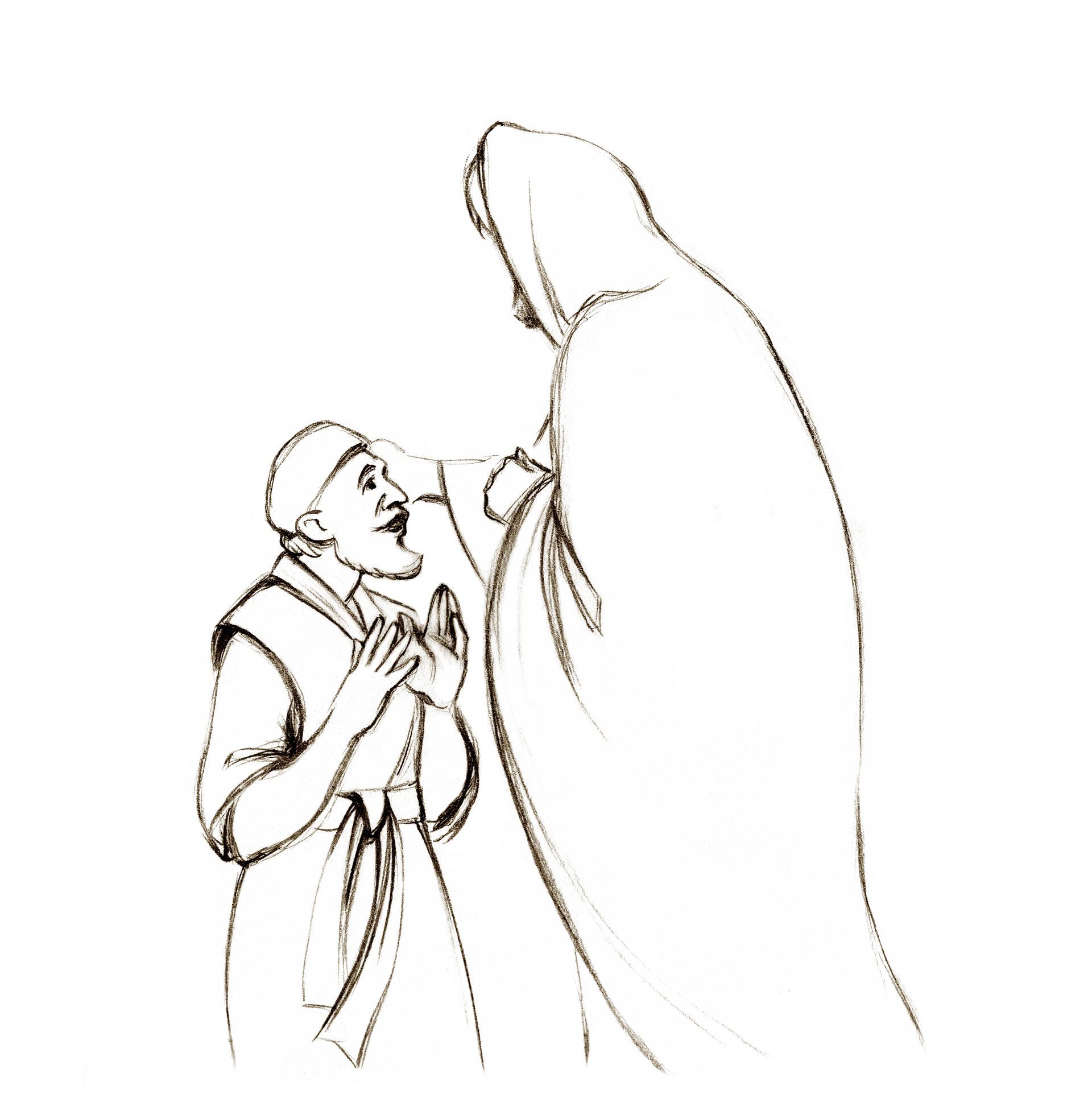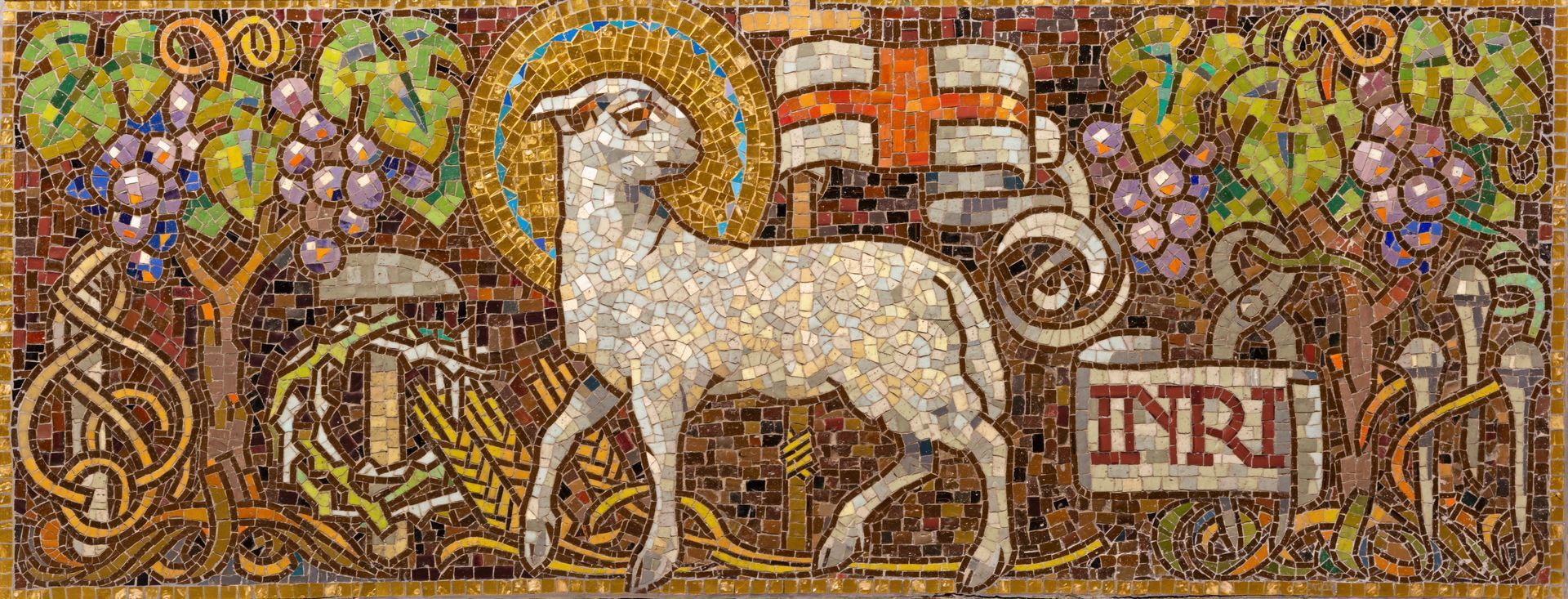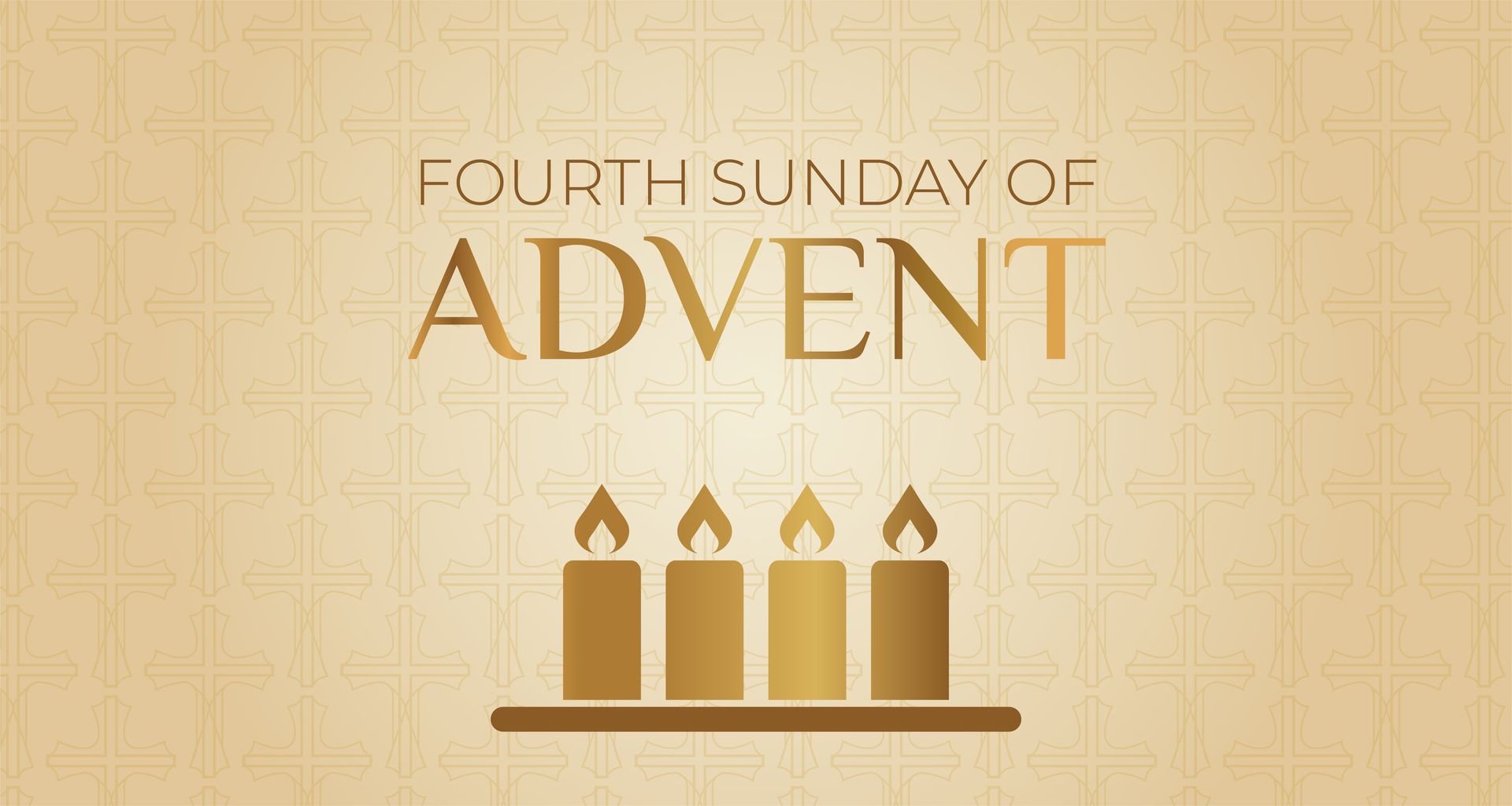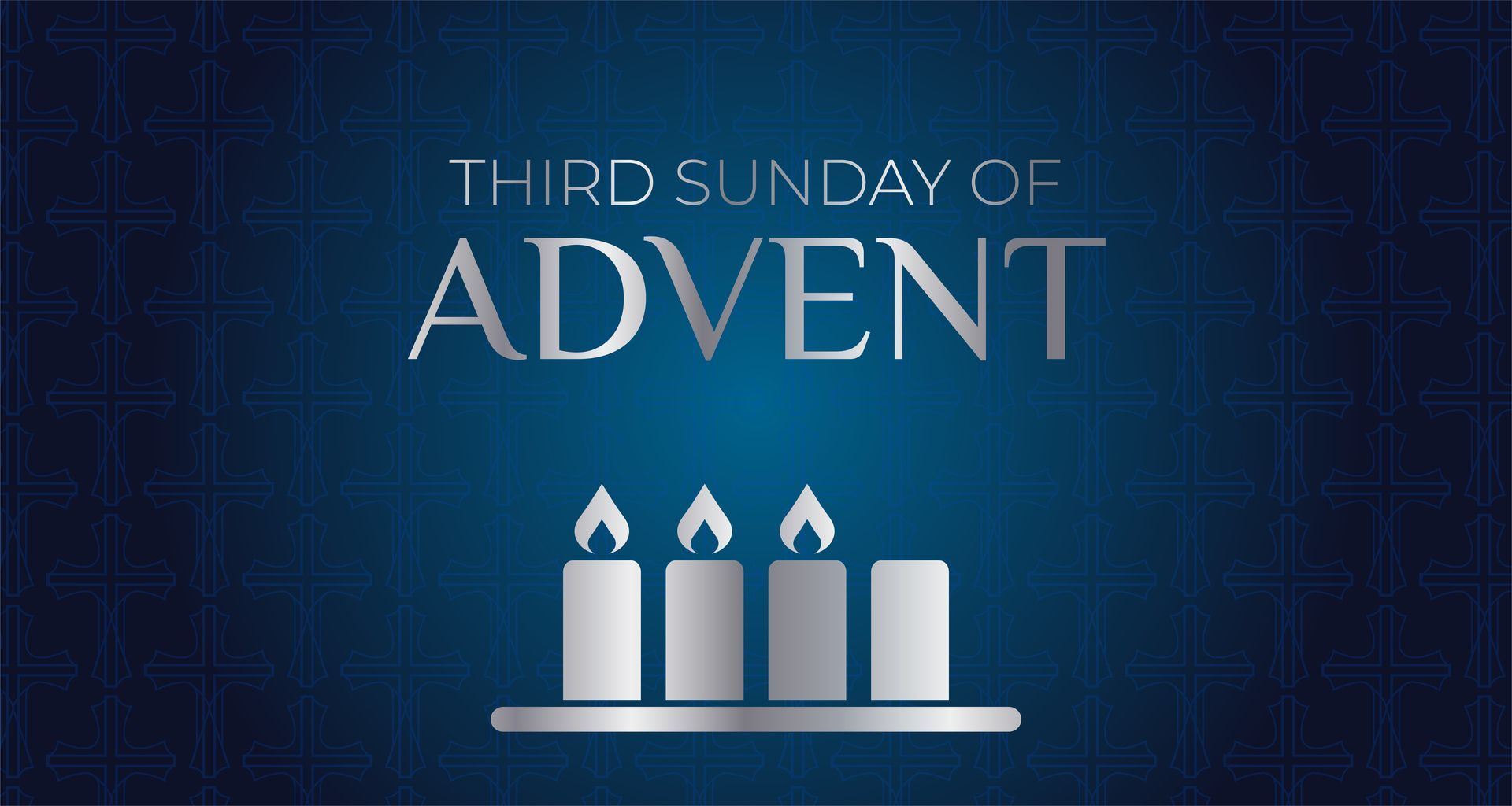Exiit qui seminat - The sower goes out to sow"
Healing with the Anointing of the Sick

This week we delve into the second of the Sacraments of Healing with the Anointing of the Sick. The word anoint comes from the Latin ungere, which means "to smear". However, the noun form of the verb, inunctum, was translated as "a consecrated one" or "the Lord's anointed". In the Old Testament, oil was used not just to set others part for service, but used to strengthen and lift others up from a world filled with decay. It is this particular emphasis that is at the heart of the anointing of the sick - to be lifted up out of the illness and sickness that comes as a result of sin and death and to turn to the Lord who saves us. "It is before God that [the one who is sick] laments his illness, and it is of God, Master of life and death, that he implores healing. Illness becomes a way to conversion; God's forgiveness initiates the healing" (Catechism of the Catholic Church 1502). This restoration and healing in terms of anointing is mentioned in the New Testament in the Gospel of Mark and in the Letter of St. James. Christ sends His disciples forth to share in His mission, "So they went out and preached that men should repent. And they cast out many demons, and anointed with oil many that were sick and healed them" (Mark 6:12-13). The Letter of St. James is even more explicit in the power of the anointing with the oil of the sick: "Is anyone among you sick? He should summon the presbyters of the church, and they should pray over him and anoint [him] with oil in the name of the Lord, and the prayer of faith will save the sick person, and the Lord will raise him up. If he has committed any sins, he will be forgiven" (James 5:14-15). Like most of the sacraments, the ordinary minister of the Anointing of the Sick is the priest. When a priest celebrates the sacrament there are three distinct parts: the laying on of hands, the prayer over the blessed oil and then the actual prayer and act of anointing. In an emergency or in danger of death, all that is necessary to celebrate the Anointing of the Sick is the prayer of anointing and the act of placing the oil of the sick on a person's forehead and the palms of his hands. Also, while many of us consider Anointing of the Sick as applicable only when a person is dying (like in Extreme Unction or the final sacraments), there are lots of valid situations in which a person can be anointed. For example, anyone who is about to have surgery, an expectant mother right before delivery of her child, a person who has a persistent physical or mental illness, the elderly - all of these types of individuals can be anointed, no questions asked. Also, if someone with a serious health condition gets even sicker, even if they have already been anointed, can always be anointed again. The only thing that the Church asks is that you not wait until the very last minute to ask to have a loved one receive the Sacrament of the Sick. The priests in the parish make it a serious priority to "make it in time", but it's not always possible. A good rule of thumb is to call the parish the moment a person is placed on hospice or is given a serious diagnosis. That way we can not only visit and give comfort to all those involved, but also share the grace and hope of Christ that we can be reunited at His altar of praise in this world and in the world that is to come.
Fr. Rob













